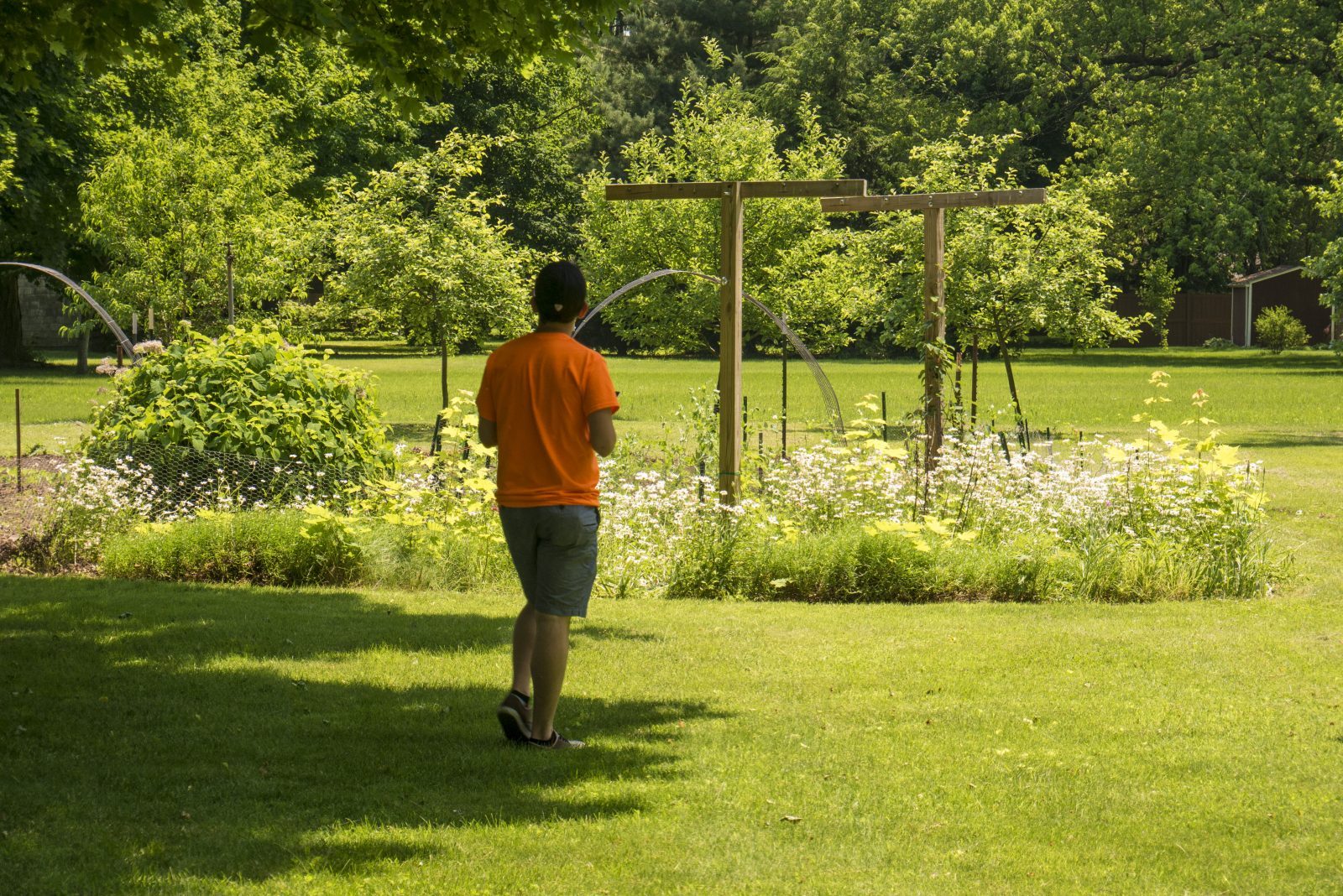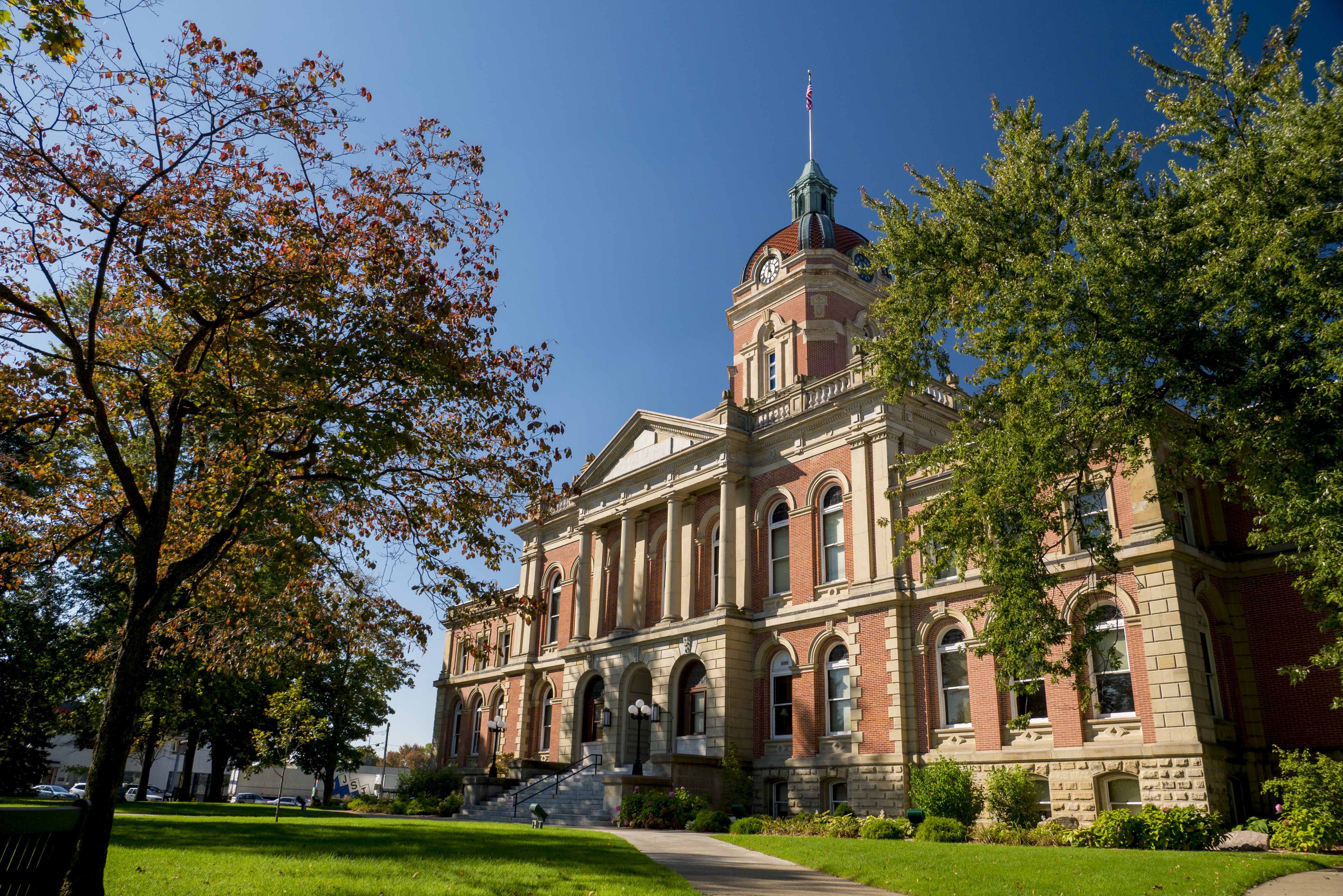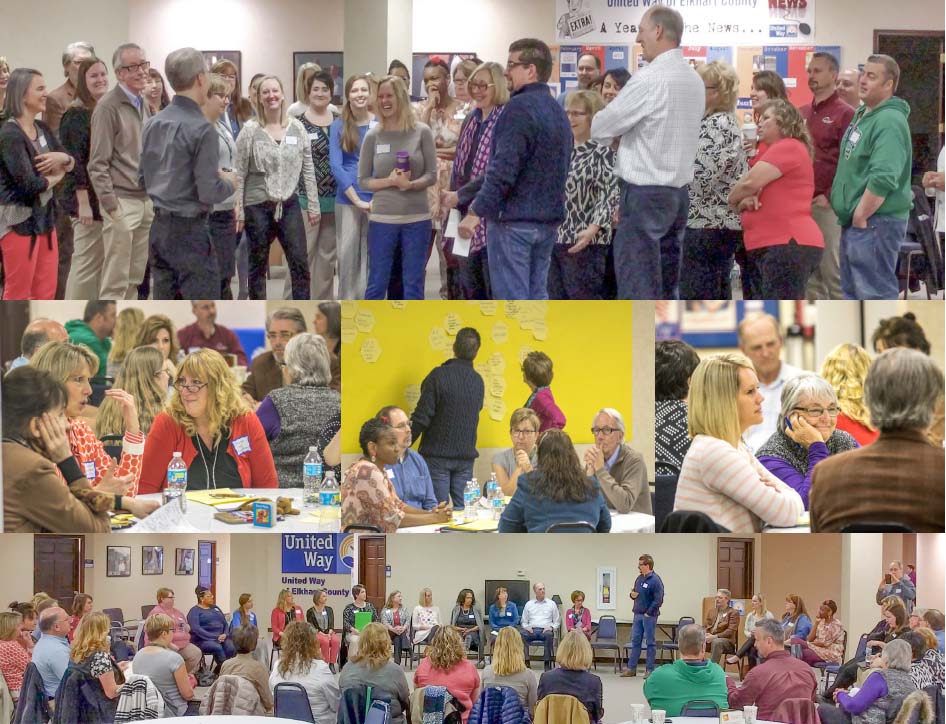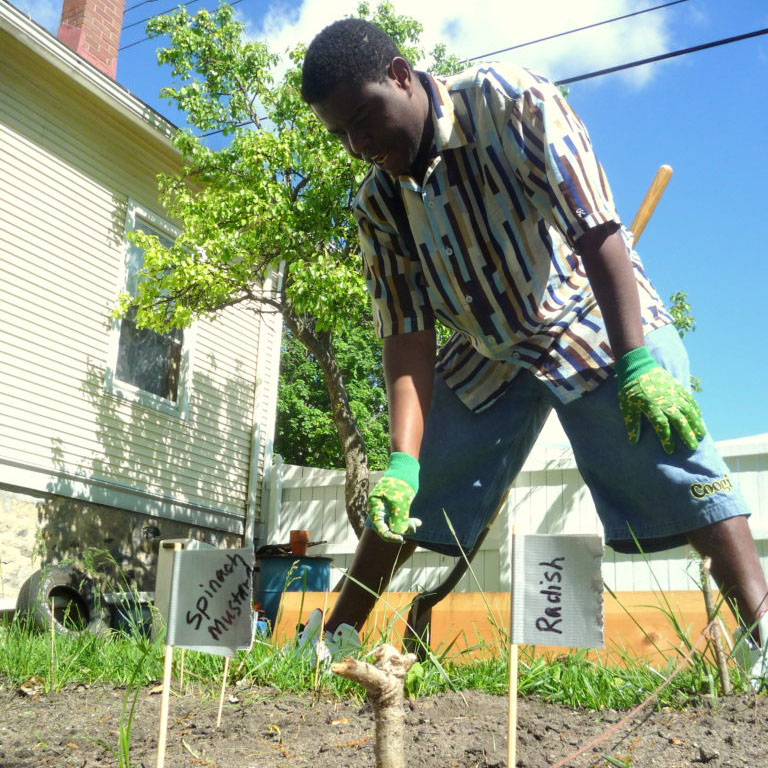The purpose of the Fellows Program is to provide opportunities for recent GC grads to perform meaningful work in Goshen, in service to the community and to their own vocational journey.
The Resilience Guild facilitates collaboration by tapping local experts, elders, and community partners to help with recognized needs such as research, communication, and process design.
We connect these community leaders to Fellows with the time, energy, and passion to do most of the leg work. These relationships help us engage and value their time as Guild members.
Everyone wins:
- Fellows get mentoring and experience;
- Guild members get to be more involved in projects they care about;
- Our partners get a high level of service at minimal cost; and
- The community is better served.
Fellows Program Concept Note
A programmatic overview of the functions and activities Fellows perform for the Guild with a summary of past projects and a case study for their involvement and work in community projects.
Fellows engage in four primary roles as they help connect community assets and opportunities for collaboration
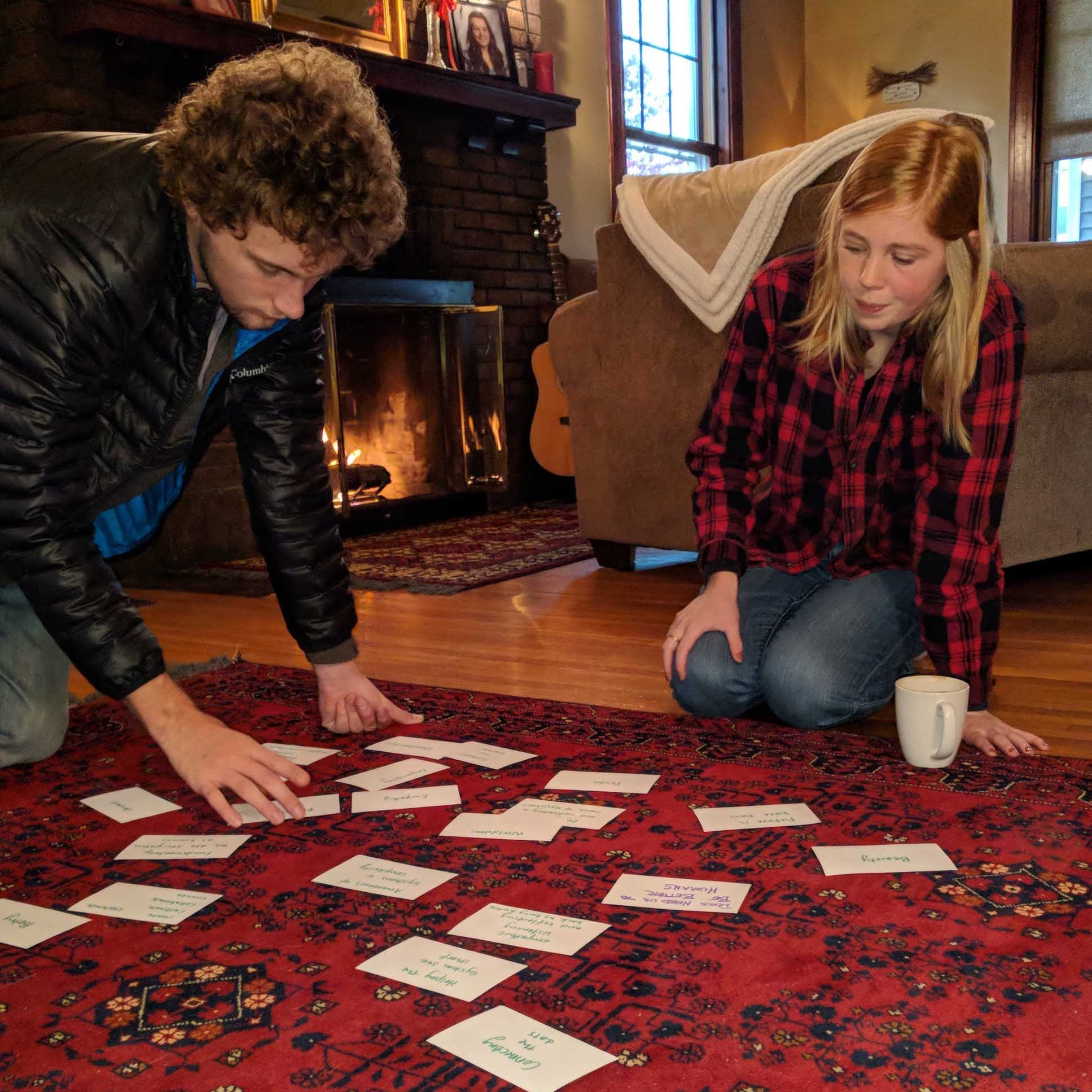
Personal Development
Vocational exploration and personal capacity building, focused on the core questions of ‘who is my self?’ and ‘what is my work?’
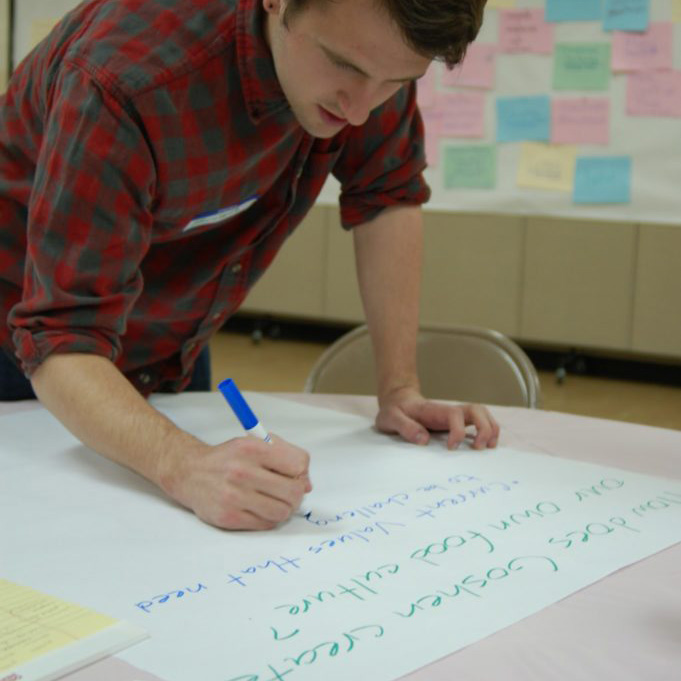
Project Initiation
Using CRG resources and connections to initiate new projects to serve the community
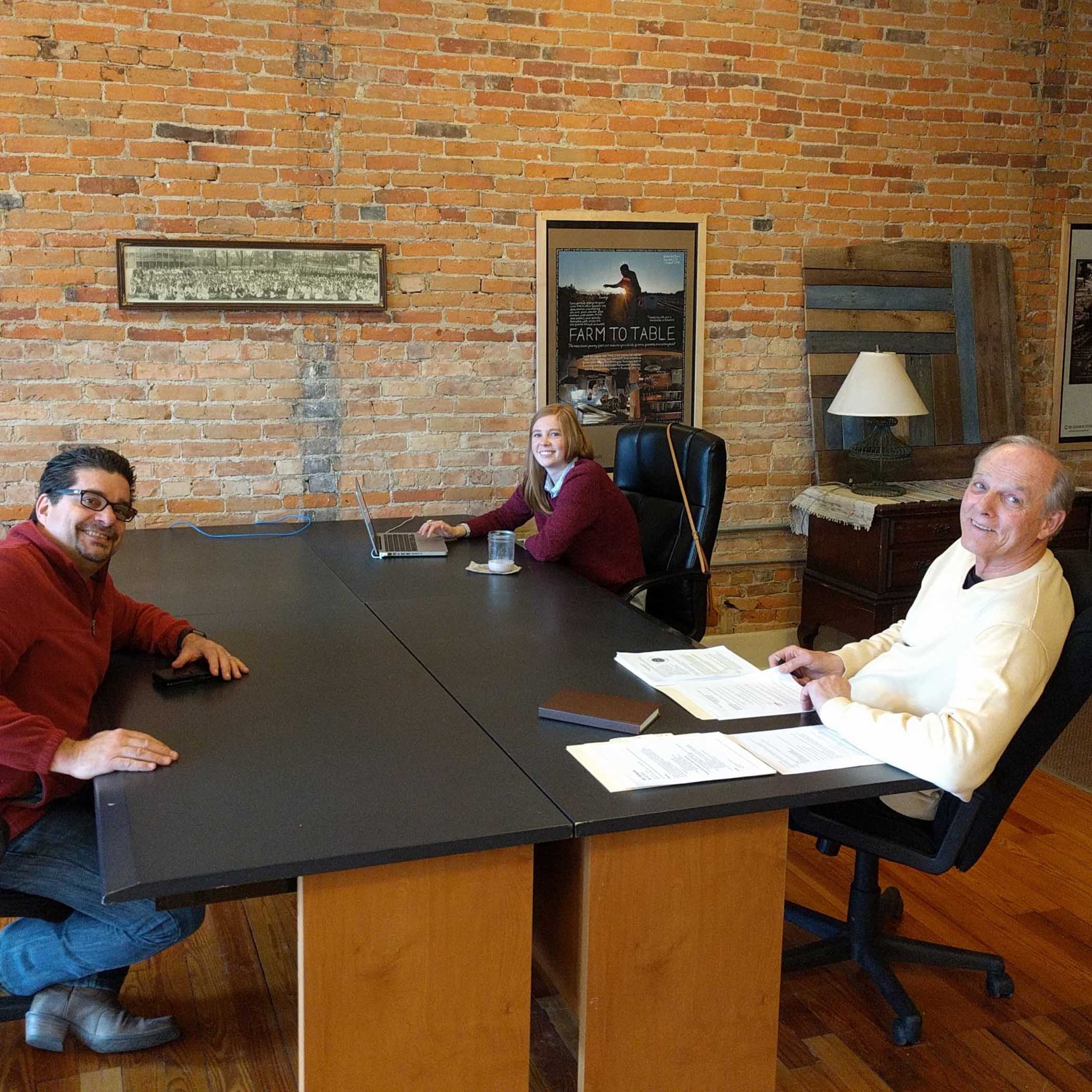
Project Leadership
Providing leadership and guidance to strategic community initiatives with support from the CRG
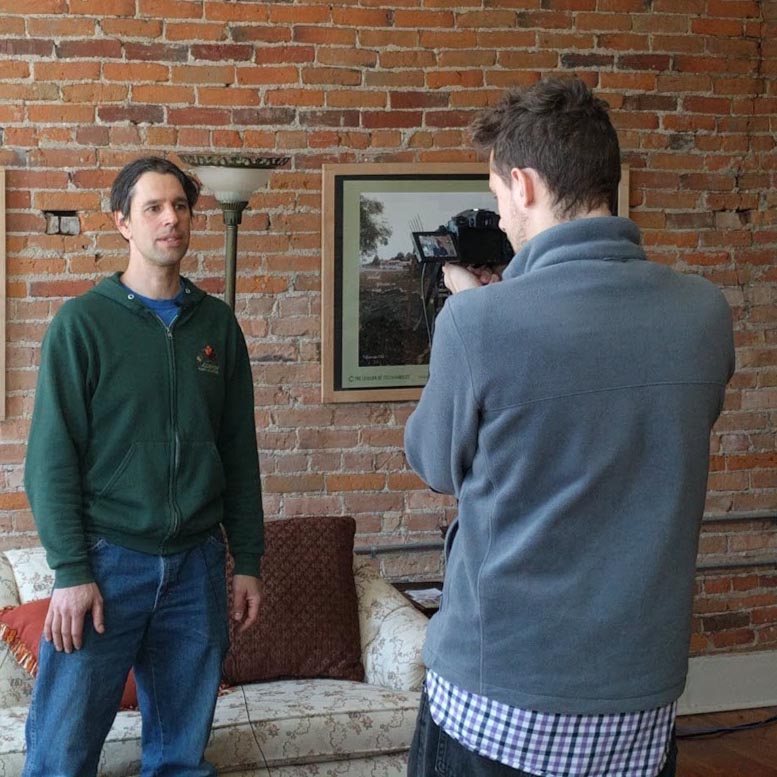
Project Support
Performing specific tasks and functions as directed for the support of community projects and initiatives
Fellows also perform a variety of services that the Guild helps cultivate and supervise:
Assessments and Research
Leading processes of participatory action research that: convene stakeholders working on similar issues; identify and articulate current challenges; and develop strategies for addressing them. The focus of this kind of research is first and foremost on producing actions that seek to achieve concrete changes while also ensuring a process of systematic inquiry that results in learning and enhanced institutional capacities for sustaining the work.
Identifying and catalyzing new and emerging initiatives
Where opportunities are detected to support new initiatives, we seek to facilitate funding and provide platforms for innovation – sandboxes of collaboration and experimentation that we sometimes refer to as “prototyping labs”.
Mapping
Working with stakeholders to understand the systems in which they work “connecting the dots” which may include:
- identifying different stakeholders working on common causes;
- organizing, and making readily accessible resources that exist;
- developing resource guides; and
- examining and making visible relationships between issues – how they impact one another (circular causality) – to enable broader and deeper understanding of key dynamics within a given system
Network Building
Convening stakeholders and providing backbone support for collaboration on systemic issues across sectors and disciplines.
Process Design and Facilitation
Designing events and processes for bringing together stakeholders working on similar or related issues to explore possibilities for networking and collaboration.
Strategic Communications
Conducting stakeholder interviews to help organizations communicate their work more effectively; and crafting stories in order to raise the profile of the work, increase public awareness, and make visible areas of potential connections.
Supporting organizational needs
Responding to and serving specific needs detected within and by organizations or initiatives.
Technical Support
Providing specific technical services rooted in their disciplines, such as videography, web development, information management, and economics.
(click on any item for details)
(click on an item for details)

